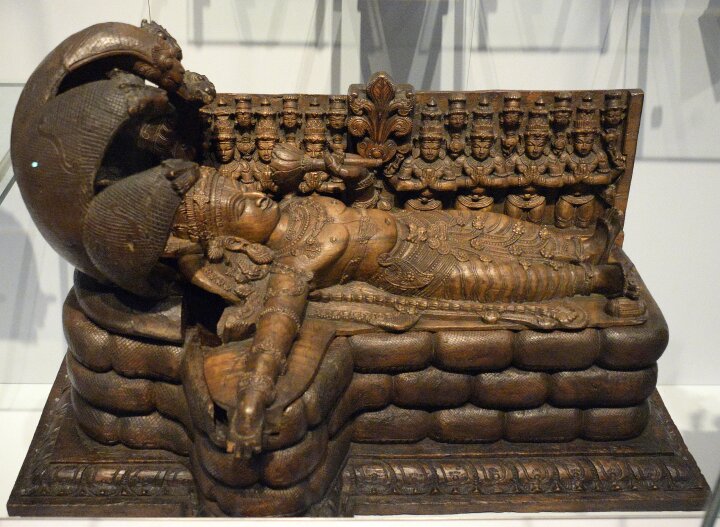@
yrger I've written plenty of essays at uni - in visual arts, philosophy, psychology, history, journalism and creative writing.
There is almost no situation in which a summary would be only 65 words.
The problem with your own definitions is that they don't work without changing the meanings of the words as they normally apply in their dictionary definitions.
It is not sufficient to be delighted with an idea, unless of course the individual likes to enjoy it privately.
In the public arena, one has to be prepared for the reality of many different kinds of responses.
These are deep subjects. If one wants to think and discuss deeply one must be prepared to go deep and look at all angles of a topic.
~~~
An essay in the humanities is written according to the following structure with variations according to the discipline (the word count is preset by the tutor):-
--- Introduction, 5% of the word count:
introduces the premise, the method of discussion, and names the references.
--- The middle or body of the essay is 85% of the word count, excluding exact quotes (which may not exceed 5%) and citations and references (not included in the count). The paragraphs should vary in length and sentence construction:
- 2nd paragraph: clearly defines the key terms, may introduce standard alternative definitions in order to clarify how the key words are to be used in the context of this essay.
- 3rd para: discusses the history of the premise, the opposing views, and what is good, lacking or mistaken in them.
- 4th: Enlarges on the writer's key premises. This may be several paragraphs, one for each of the key points, showing how it improves on previous models.
--- Summary 5%:
restates the introduction with different syntax and with a more confident tone. With reference to the works of..., this writer has shown how... .





